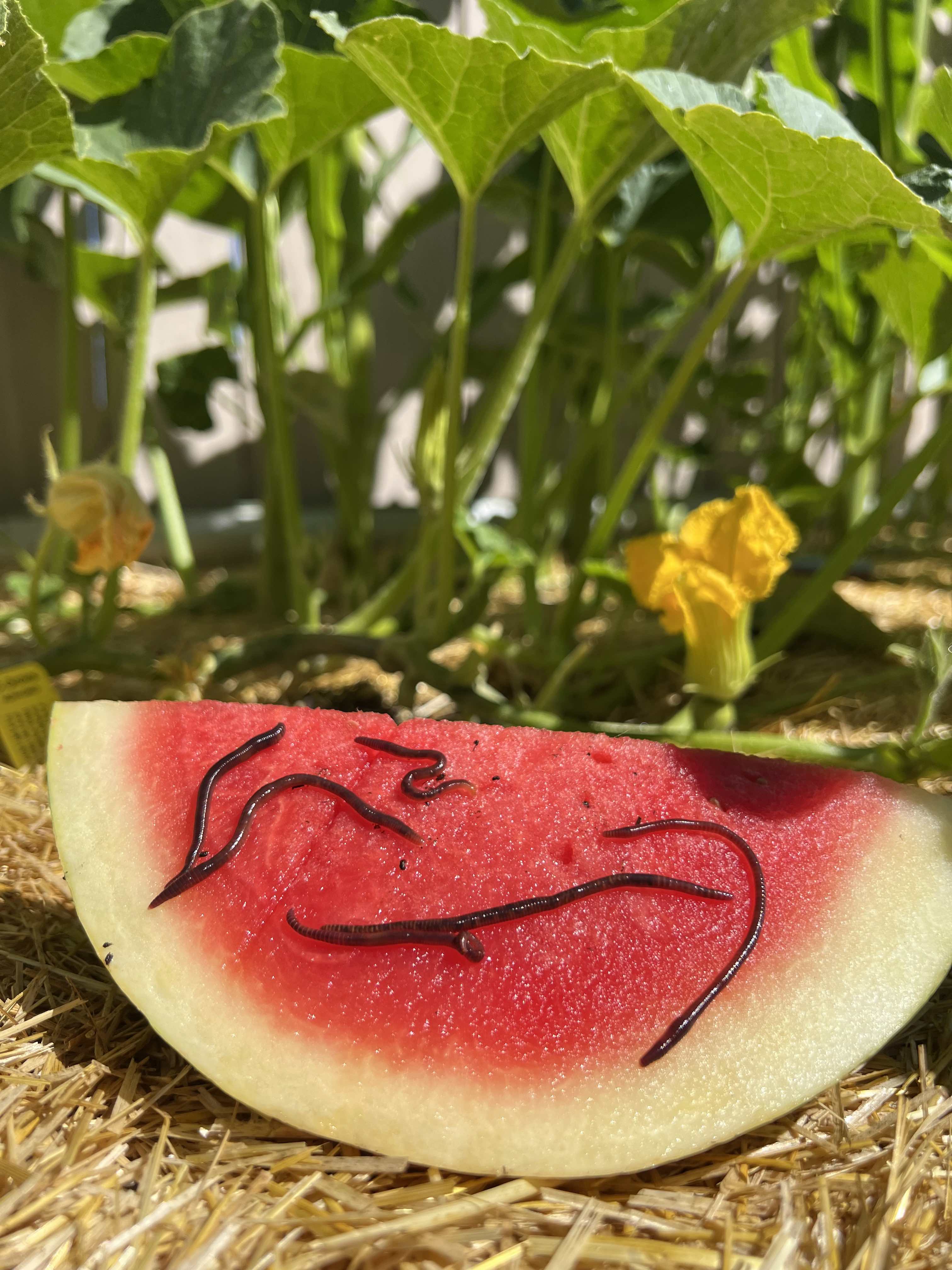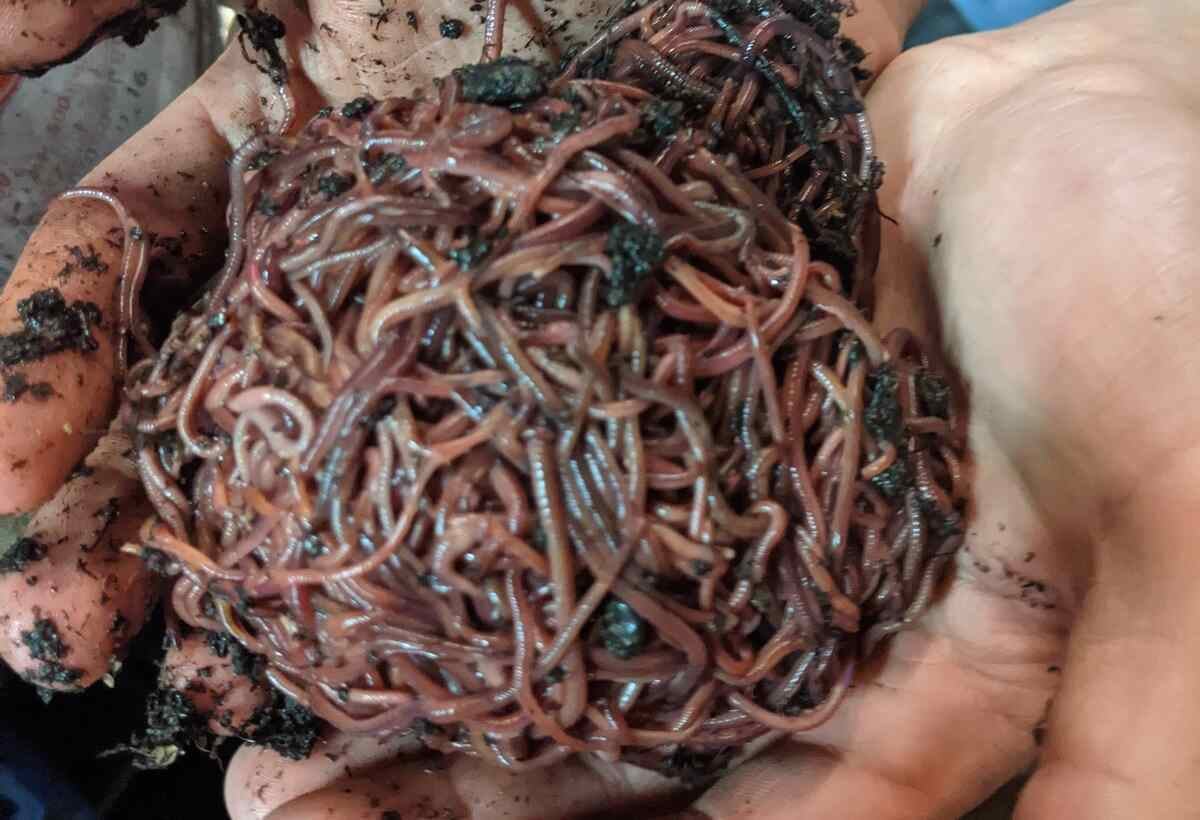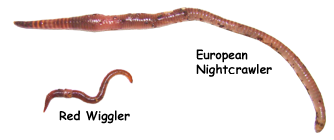Red Wiggler Worms Demystified: Opening the Secrets of Vermiculture for Greener Living and Nutrient-Rich Soil
In the world of sustainable practices for enhancing soil top quality and advertising eco-conscious living, red wiggler worms play a crucial yet usually forgotten duty. Red Wiggler Worms. Comprehending the complexities of caring for these worms, enhancing their setting, and using their spreadings can lead to a greener way of life and much healthier soil for plants to thrive.
The Role of Red Wiggler Worms
Red Wiggler worms play a crucial function in composting systems by effectively breaking down organic issue into nutrient-rich castings. These starved eaters take in a variety of organic products, such as kitchen area scraps, yard waste, and paper products. As they feed, the worms' gastrointestinal procedures break down the organic issue right into a penalty, dark, and nutrient-dense product referred to as worm spreadings or vermicompost.
The castings created by Red Wiggler worms are highly advantageous for dirt health and plant development. They are rich in vital nutrients like potassium, phosphorus, and nitrogen, which are vital for supporting healthy and balanced plant advancement. Furthermore, worm spreadings contain advantageous microorganisms and enzymes that help improve dirt structure, boost water retention, and improve nutrient uptake by plants.
Advantages of Vermicomposting

It improves soil framework, improves dirt oygenation, and enhances dirt moisture retention. Vermicompost likewise enhances the soil with essential nutrients like potassium, phosphorus, and nitrogen, advertising plant growth and general dirt fertility.
Additionally, vermicomposting supports sustainable horticulture techniques by giving a natural and chemical-free option to artificial fertilizers. Red Wiggler Worms. This ecologically pleasant technique not just improves the dirt but additionally helps lower dependence on dangerous chemicals, advertising a greener and much more sustainable method of gardening
Establishing a Worm Container
When establishing a worm container for vermicomposting, appropriate arrangement is critical to make certain the success of the composting procedure. The initial step in setting up a worm bin is selecting a suitable container. This can be a plastic container or wood box that offers enough area for the worms to walk around and has proper water drainage holes to avoid waterlogging. Next off, a bedding product such as shredded newspaper, cardboard, or coconut coir ought to be included in the bin. This bedding offers a comfortable atmosphere for the worms and aids maintain dampness degrees.
After including the bed linen, introduce the red wiggler worms to the bin. It is suggested to start with a tiny number of worms and progressively boost as they increase. The worms need to then be provided with food scraps such as fruit and vegetable peels, coffee premises, and eggshells. It is find out this here crucial to prevent adding meat, milk, oily, or salty foods to prevent drawing in insects and producing undesirable odors.
Frequently check the moisture degrees and temperature in the worm bin to guarantee ideal conditions for the worms. With appropriate setup and upkeep, the worm container will successfully transform organic waste into nutrient-rich garden compost for your plants and garden.
Collecting Worm Spreadings
To effectively accumulate nutrient-rich worm castings from your vermicomposting system, an organized harvesting technique is essential. When it comes time to collect the worm spreadings, there are a couple of essential steps to comply with to make certain an effective procedure.

Troubleshooting Common Issues
Identifying and resolving common obstacles that might arise during the vermicomposting procedure is vital for keeping a healthy and balanced and efficient worm bin. Including excess food visit this site scraps can lead to a build-up of wetness and level of acidity in the worm bin, potentially damaging the worms. One more problem is undesirable odors emanating from the worm container.
In addition, if the worm populace is decreasing or the worms appear harmful, maybe because of environmental stressors such as severe temperature levels or pH degrees. Keeping track of these variables and making essential changes is crucial for the health of the worms. By troubleshooting these typical problems without delay, vermicomposters can guarantee a effective and smooth vermicomposting process while keeping a thriving worm population.

Final Thought
In conclusion, red wiggler worms play a crucial try here duty in vermiculture by damaging down natural issue into nutrient-rich dirt. Setting up a worm container is important for effective vermiculture, and gathering worm spreadings offers useful garden compost for horticulture.
As they feed, the worms' gastrointestinal procedures break down the natural matter right into a fine, dark, and nutrient-dense product known as worm spreadings or vermicompost.
The spreadings created by Red Wiggler worms are extremely useful for dirt health and plant growth. Adding excess food scraps can lead to an accumulation of wetness and level of acidity in the worm container, potentially harming the worms.Additionally, if the worm populace is declining or the worms appear harmful, it could be due to environmental stressors such as severe temperatures or pH degrees. Establishing up a worm container is necessary for successful vermiculture, and harvesting worm castings gives useful garden compost for horticulture.